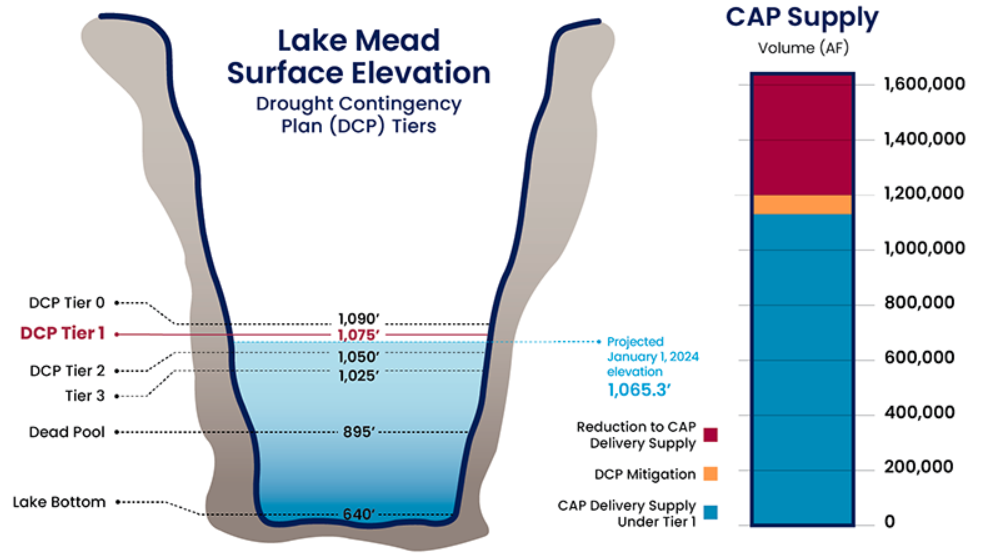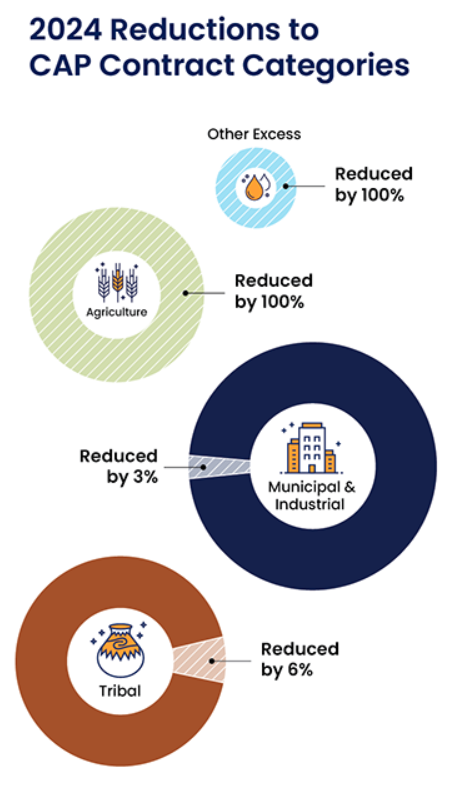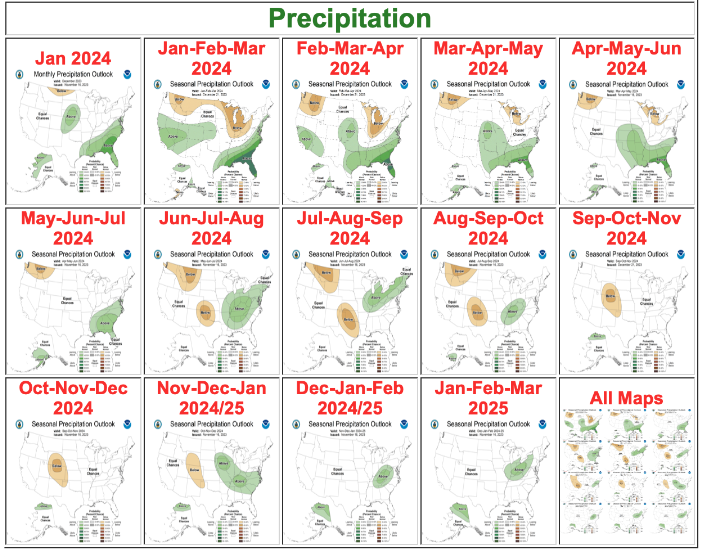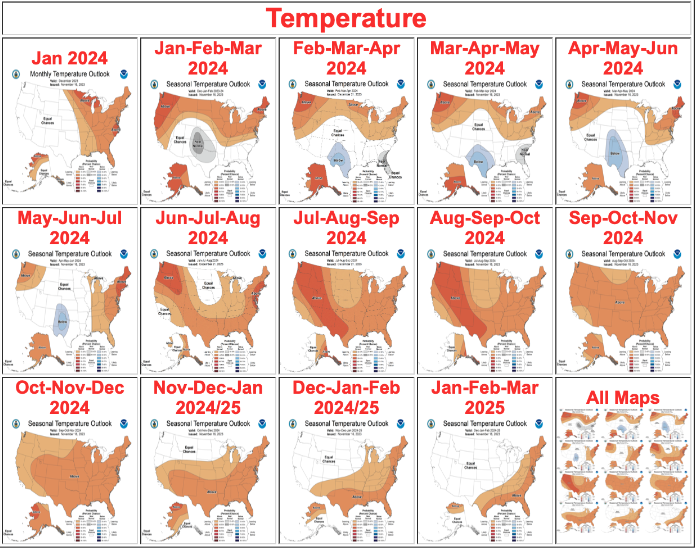 |
| Hoover Dam and Lake Mead |
"I believe there’s no more important way to begin our ‘24 newsletters than with a comment/projection about our local and regional water future. The folks over at Water Conservation Alliance of Southern Arizona (Water Casa) do a deep dive into all-things-water and this piece is a compilation of some of their material. Plus, some editorial input that I can’t resist. For example – water is the number one issue we have a part in at the council. Our water staff and city manager’s office are heavily involved in water issues ranging from PFAS remediation to how Tucson is impacted by and responds to the challenges on the Colorado River and CAP generally. Without a clean and available water supply nothing else matters.
2024 starts with a more hopeful outlook than what had been predicted early last year. The reason? A larger than anticipated snowpack in the Rockies. That’s the glass half full perspective. In January of ‘23 Lake Mead was at just under 1045 feet in water elevation. The lowest it has ever been is about 1040 feet. And in January Bureau of Reclamation was predicting that by April Mead would be at a new historic low of around 1036 feet. But in the spring the water levels began to rise and in September they were at 1066 feet. That’s a lot of numbers but the trend throughout 2023 turned out to be positive for Lake Mead, the Colorado and our own allocations of CAP deliveries.
So, we have a very wet winter last year to thank for the current levels on Lake’s Powell and Mead. The glass half empty perspective though is that they’re both still more than half empty.
Lake Mead’s level is what determines our CAP allocation. It’s fed through the Colorado River, which in turn is largely fed by snowpack running down to it from the Rockies. In an average year about 8.25-million-acre feet of water flows down from Lake Powell into Lake Mead. Arizona, Nevada, California and Mexico typically use about 10-million-acre feet. That structural deficit has been larger during the multi-year drought we’re in – which is why the Lakes are less than half full. The wet winter was a welcome surprise.
This chart was provided by Water Casa – it shows that even with the wet winter we’re still in a Tier 1 shortage. That means the various water users taking CAP supplies are having allocations reduced. It’s less than what had been anticipated prior to the record setting snow in the Rockies, but it’s still impacting those who rely on CAP water.
 |
Here’s a chart that shows the various water users and how their allocations are being reduced under the Tier 1 shortage declaration. We’ve already agreed to voluntarily reduce our own allocation as a way of helping to avoid further cuts down the road.
 |
The National Weather Service prediction center says that due to the expected El Nino weather pattern that’s coming (warmer-than-usual water in the Pacific) the first quarter of the year should see slightly above average precipitation in most of the Rockies. Stream flows don’t peak out until about May, so it won’t be until then that we really know how Lake Mead will fare. But check out these two predictive maps, also poached from Water Casa material. The first one confirms the slightly wetter first quarter, but look at what’s anticipated for our region the rest of the year. Lots of dry.
 |
And compare that with this temperature map – we will also get lots of hot.
 |
Overlaying all of that information and the conclusion is ‘24 is going to be hot, dry, and we cannot let our water conservation guard down a bit. One wet winter in the Rockies is nice – but it’s not nearly enough to make up for the drought that has emptied our water source, Lake Mead. In the spring of last year, the Bureau of Reclamation was calling on the CAP users to come up with significant voluntary reductions – or they’d impose their own. We all got a bit of a temporary reprieve with the snow of ‘23. The operative word though is ‘temporary.’ Please continue to consider water one of our most scarce and important commodities. Conservation at the personal level is something we can all participate in."
No comments:
Post a Comment